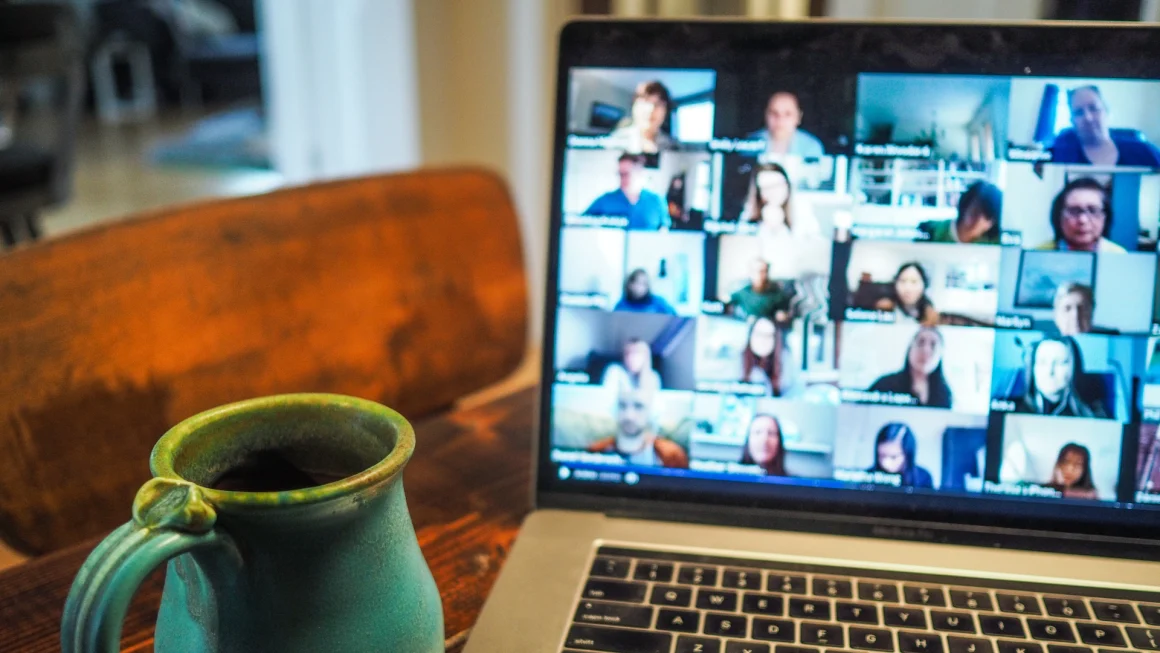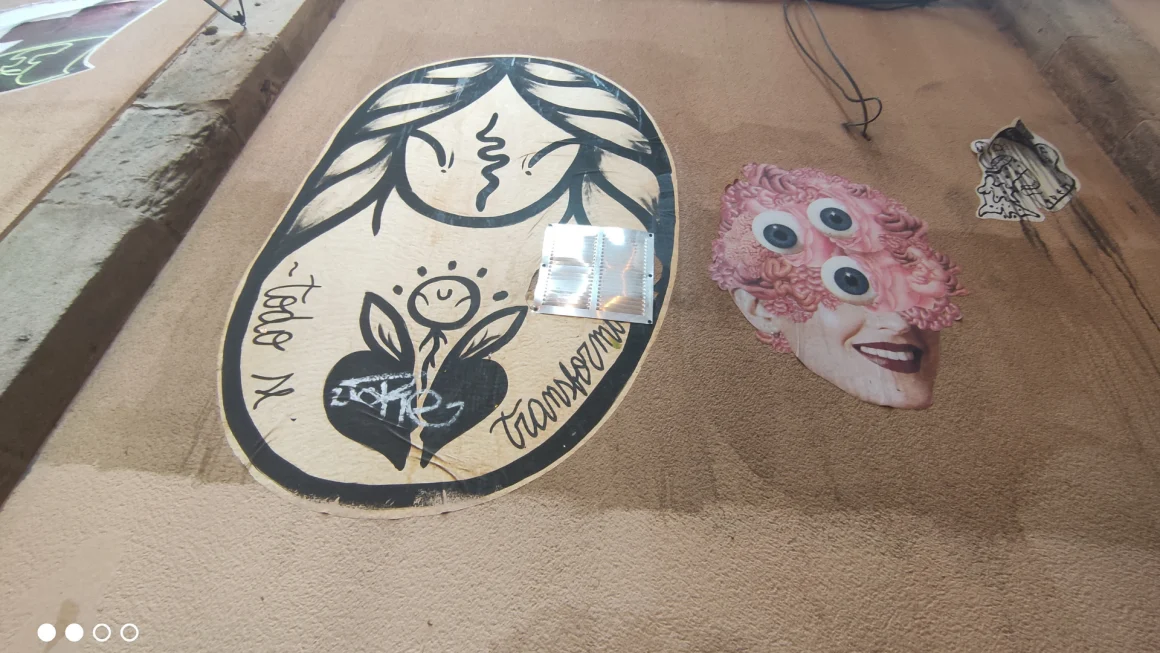By Andrea Lobo Niembro & Ivan Babic
A business essay on the coronavirus pandemics and timings.
As innovation consultants, this is probably one of the most common questions our clients have in mind. When will this end? When may I go back to normal? Should I wait or should I reinvent? What can I do to save my business during the quarantine? Sounds familiar?
We’ve researched, pondered and thought a lot during the last weeks around that question, and we’ve came with some tips we hope you find useful for your business. This is all happening as we speak, so we don’t pretend to have all the answers. Take this as the basic hypotheses we’re using and validating with our clients. You have been warned.
Probably in 3 to 5 years from now
Let’s stick to science for a moment. Given the characteristics of this coronavirus, we have all been put into quarantine. More here less there, we are stuck at home. This has slowed down the world economy to such levels that everyone -companies of all sizes and people all around the globe- are struggling with cashflow. We all have been, at some point of our lives, exposed to social traumas before. Earthquakes, tsunamis, terrorist attacks, the list is long. And from that previous experiences, we’ve learned that this should probably be a short-term period of trauma. And then life goes on.
Coronavirus is different. Nor politicians nor businesses have the last word. As we said before, it’s a challenge for scientists. We need to achieve the so called ‘herd immunity’, that is, around 85% of the human tribe needs to be immunized. There’re only two ways to achieve that:
– A. 85% of the population gets infected and therefore immunized (assuming this virus is like smallpox or dengue, and doesn’t repeat in the same patient for life).
– B. 85% of the population is vaccinated. Bear in mind, that means around 6.5 billion people. And presuming the virus will not mutate as fast as influenza.
As you can see, there’s an implied third option: the herd immunity may never be achieved. So, you need to act now.
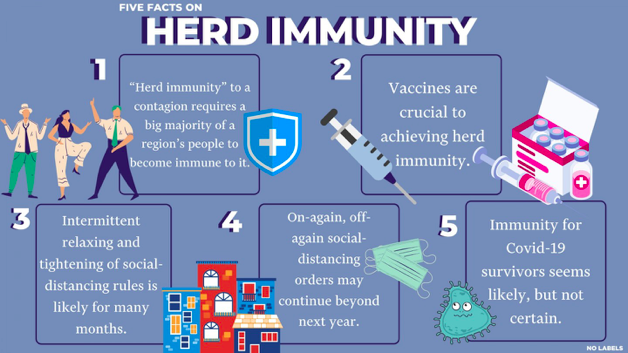
Be more tactic
Now that you have assimilated the idea of this not ending in the mid-term, let’s talk tactics. Most of all are in survival mode (unless you’re Jeff Bezos). We need to deal with cashflow immediately and we don’t have the last word on when will this situation change. Drop control, manage your anxiety, and get creative in a ‘tabula rasa’ scenario.
Your customers have changed. Their habits too. They’re quarantined. No matter what you used to sell to them, you need to be as empathetic as you can. They have a different set of needs. You must create new value.
Value is a subjective unit of measurement we all assign to things, based on the satisfaction of our own needs. If your customers’ needs have changed, you must rearrange your value proposition to serve those new necessities. Start from a human-centered perspective and rethink your business in terms of their new set of variables for making their purchase decisions.
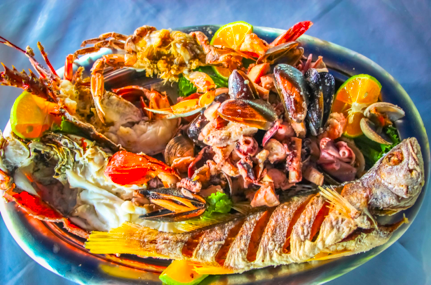
Serving your customers during a quarantine is not easy. Not all business can do home-office. And those of us voluntarily locked up in our homes, rely on an army of people going out every day to grow our tomatoes, drive them to our cities, prepare our pizzas and deliver them to our houses. Hoping the pandemics won’t touch our families. But it has. And it will.
Think of a pendulum: two alternating scenarios
As none of us has the last word on when will this end, we expect the quarantine / pandemics to follow a sequence like this:
- We are quarantined (current status in a lot of cities around the world).
- The curve flattens due to physical distancing.
- We can go out. Gradually or all at once. Yeah!
- We try to re-start our ‘normal’ lives.
- The curve of contagion goes up again.
- Health systems get saturated.
- We’re told to go back to quarantine.
- Repeat.
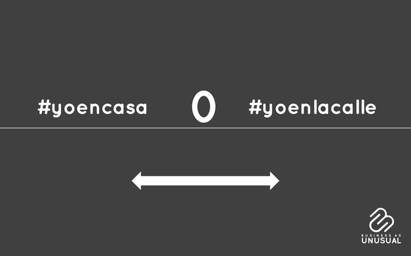
So, we’re telling our clients to prepare for two alternating scenarios and establish the protocols to switch, as lean and agile as they can, from one scenario to the other. Of course, not all businesses can switch as fast as others, we understand that. But from now on, businesses should probably have in place some kind of a Black Swam Management Protocol and be ready, at any moment, to switch from ‘Quarantine Mode’ to the ‘New Normal’.
Because this is it: a ‘New Normal’ at least for the next 3 to 5 years. We need to adapt and get used to it, as soon as we can.
Do you remember the Spanish Influenza?
We neither.
And with time, this too shall pass.
This is a story of the Futurists Club
by Science of the Time
Written by: Ivan Babic and Andrea Lobo Niembro
Ivan Babic
Ivan Babic, partner in Innovation and Founder at Business as Unusual, international speaker and a great storyteller. You must talk to Ivan if you want to challenge the paradigms of your organization at all levels. Expert in Marketing & Innovation, Entrepreneur and Startups Developer, he has created several methodologies and models applying the principles of the HUMAN-CENTERED approach and DESIGN THINKING to create new ways of doing business.
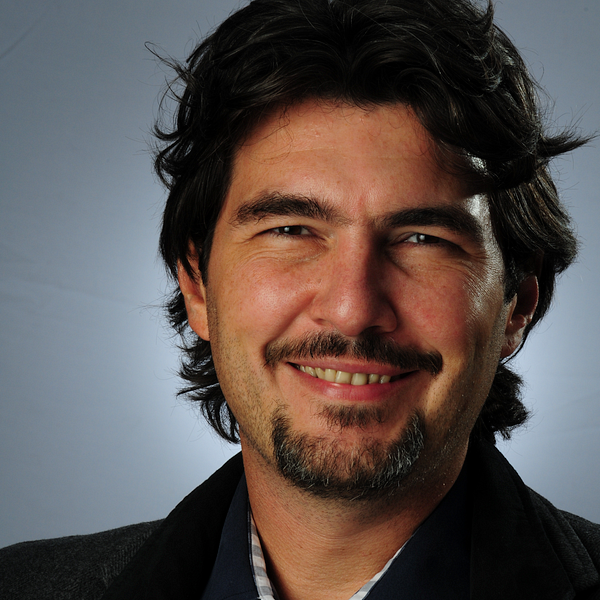
With more than 20 years of a very fun, exciting and successful career in creative industries, and with some failed startups of his own, he learned the hard way the lack of common sense in the business world. “After years working with clients of all sizes in Venezuela, Spain & Mexico, I realized almost everyone was missing the same thing: GOOD IDEAS. Everything seemed to be about finances, structure, technology and communications. They all had the pressure to innovate, but didn’t know where to head to.”
“The value equation happens inside people, it’s a multifactored subjective arithmetical formula. So, creating value is a combination of art and science. The art of understanding people, the way they think and behave, their beliefs and what they need. And the science of generating solutions to those problems, generating hypothesis, validating, iterating and collecting data to support it.”
Creator of ENTREPRENEURAS.COM a comic about the funny world of entrepreneurship & startups, and co-author of BEHAVIORAL TRENDS, a human-centered innovation & value creation game. He studied Communications at Universidad Católica (Venezuela) and is Master in Business Entrepreneurship from the Universidad Politécnica de Madrid (Spain).
His favorite words: WHAT IF…
Andrea Lobo Niembro
There’s people in this world with a natural ability to empathize with others and fully understand them. There’s people that always act from their values and are recalcitrantly congruent even in the challenging times of flexible moral we’re living now. If you want to meet one of those human beings, always looking for ways to do good to people, let me introduce you to Andrea Lobo.
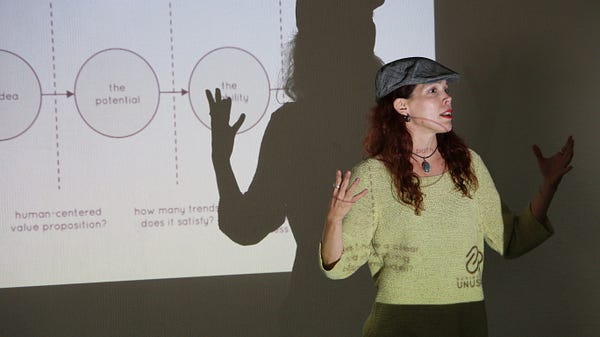
Trendwatcher, Human-Centered specialist and Partner at Business as Unusual, since 2015 she has created a set of BEHAVIORAL TRENDS, full of insights and needstates, to cluster markets from a post-demographic perspective and create real value propositions from there. Her vision over people is changing the way companies understand and apply the HUMAN-CENTERED approach to marketing, innovation, and business planning processes.
Andrea is an expert in Communications, the Human-Centered Approach and Neuro-Linguistic Programming (NLP) which she’s been applying with excellent results among Private Companies, Government, Universities and Non-Profit Organizations. She has created several contents, tools and models based on her skills in empathy-rapport, active listening, persuasion, resilience, social responsibility, creativity, communications, and global vision. These abilities have allowed her to create a unique vision in the analysis of human behaviors and beliefs.
“A new strategic paradigm is needed for business. We need to shift the order of our priorities and start planning everything from a different P: PEOPLE, from a post-demographic perspective.”
Raised in a family with a strong commitment –and life testimony- to human development and social service, her life has been always about actively participating, learning and sharing better ways to help each other, solve problems in creative ways, and promote the innate tendency to become better human beings and consciously live in community.
She’s the “unusual” part of Business as Unusual.


